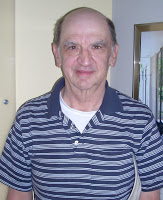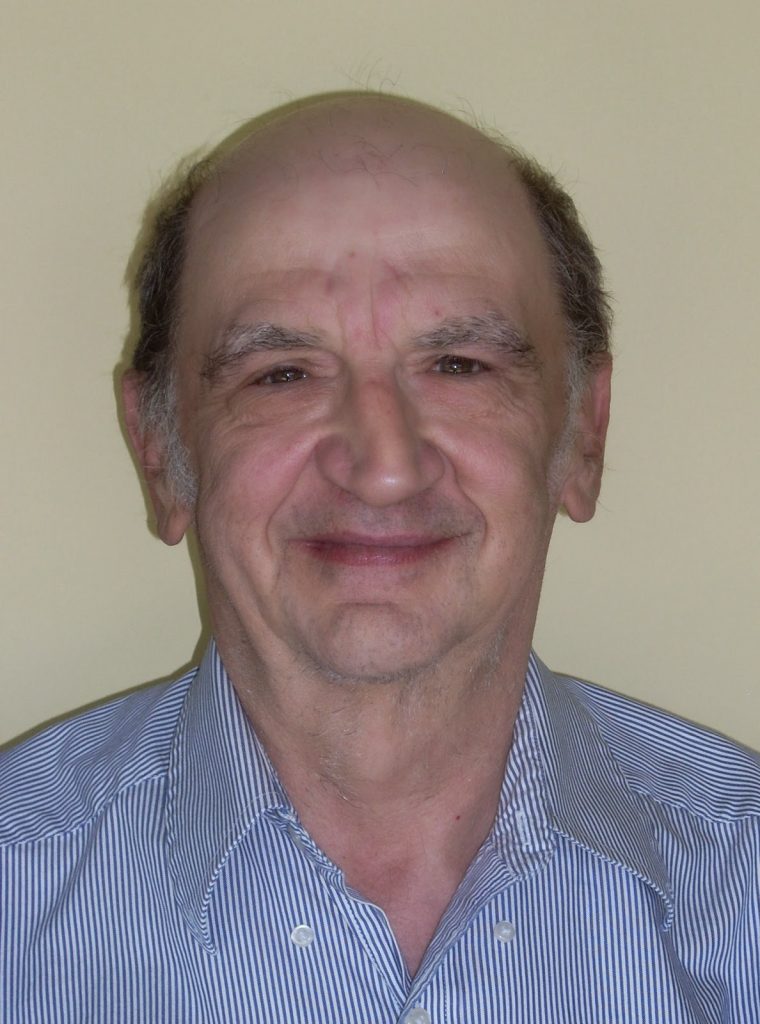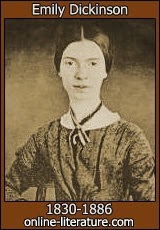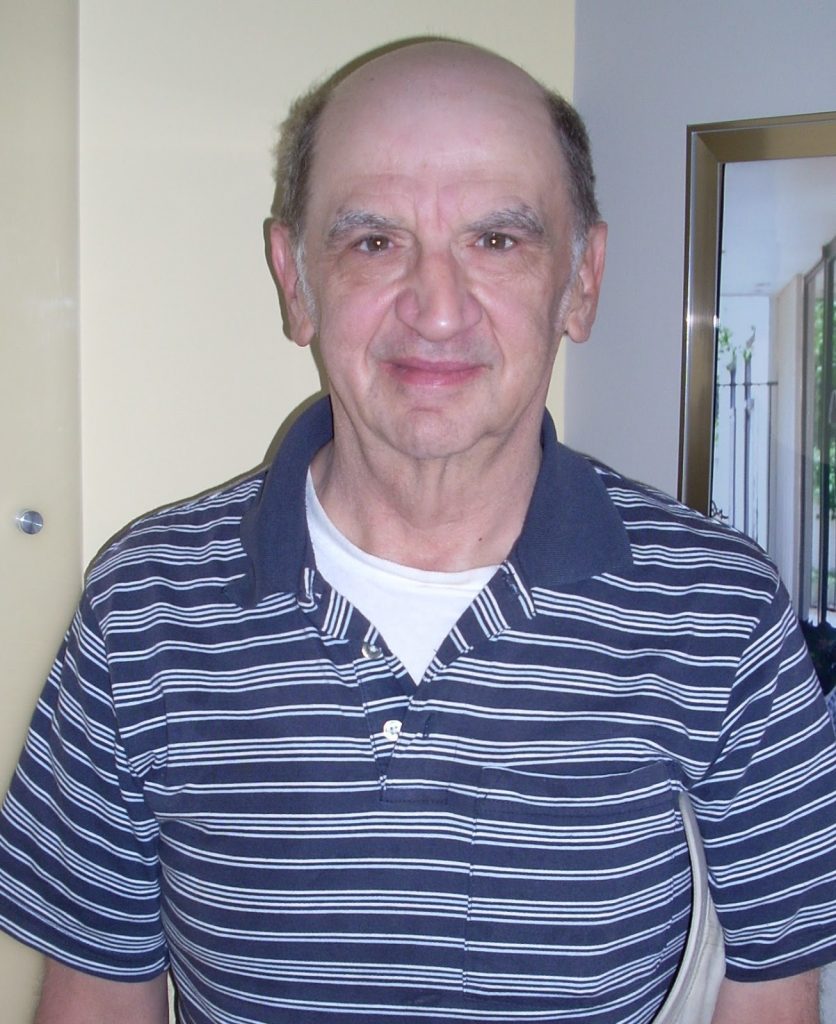have been in New York City for the past 2 months because I had to stay there to
wait for my scheduled cataractectomy of my right eye. When in New York City, I
reside in College Point in Queens County. I have noticed over the years that
the Lesbian gay community of Queens County is not really as well organized as
the gay community in Manhattan. For example, Manhattan has a healthy chapter of
MCC, and most churches have a Lesbian-gay caucus.
30 years ago, I organized a group called The Good Shepherd Christian Fellowship
which lasted about 2 ½ years in the basement of the Unitarian Universalist
Church of Flushing. My purpose was to have local gay and Lesbian people talk to
the local Protestant clergy. It worked up to a point, but in the long run it
did not catch on. About 2 years before I started my religious project, a
chapter of Dignity Queens was open for business that also met in the basement
of the UU Church of Flushing. I remember the UU Church only charged $75.00 for
the use of the basement, and it had a very nice kitchen the tenant could use.
This was perfect for the Good Shepherd Christian Fellowship’s special gay
Christian Seder Service.
of course around Easter time the UU Church held its own ecumenical style Seder
service. Once, a rabbi said that a Seder service should only be held in a
Jewish Synagogue. I think the message of the Seder service is universal and
should be celebrated by various religious traditions of course in a reverent
respectful manner.
I am only semi-religious, but I am uncomfortable with the general lack of
options for gay people to have safe churches to go to.
soul I told you about last year was openly Lesbian Rabbi Laura who
coincidentally also lives in College Point, my home town in Queens County. Last
year Rabbi Laura gave a course in comparative religion at New York SAGE. The
course was well attended. Last summer, also by way of coincidence, Laura met
John Nagel, the director of Queens Community House for Lesbian and Gay Seniors,
which operates out of the Jewish Center in Jackson Heights Queens. They met at
Cherry Grove on Long Island which, as you know, is an important gay and Lesbian
mecca. I recently asked John Nagel if he met Rabbi Laura. John said he had and
even tried to start her comparative religion course at Queens Community House,
but there was an insufficient response so the course did not happen.
two years ago Queens Community House was SAGE Queens. For some reason I do not
know about, they split away from SAGE although they remain on good terms with
SAGE New York. Queens Community House’s program for gay and Lesbian Seniors is
set up like a Senior Center, which means lunch is served
daily, Monday through Friday. I go Tuesdays and
Thursdays, Tuesday because that is the day of the general meeting and
Thursday because there is the spiritual hour.
past 2 Thursdays John Nagel made a presentation of the Christian religious
thought of Emma (Curtis) Hopkins, 1845-1925. Quoting briefly from her
biography, as seen on Wikipedia:
Christian Science), lead in speaking of God as both Mother and Father, Hopkins
conceptualized the Trinity as three aspects of divinity, each playing a role in
different historical epochs: God the Father, God the Son, and God the
Mother-Spirit or Holy Comforter. Hopkins believed (as did Eddy, though not as parochially)
that spiritual healing was the second coming of Christ into the world, and this
was the hallmark of her early work. Hopkins also believed more specifically
that the changing roles of women indicated their prominence in the Godhead,
signaling a new epoch identified by the INCLUSION [my caps] of the Mother
aspect God.
particularly liked that idea of INCLUSION. John Nagel’s obvious purpose in
discussing Emma Hopkins’ theological writing is to tell Lesbian and gay people
that obviously homophobes do not have a monopoly on faith, on Christianity. It
is all up for interpretation, and our community needs religious scholars to
develop a gay and Lesbian positive theology to fit our needs. Previously John
read passages about an ancient Islamic scholar Rumi and his soul mate Seth.
Their affectionate correspondence with one another points to a gay and Lesbian
history and an as yet unnamed Lesbian and gay history in Islam.
on Tuesdays and Thursdays at the Queens Community House meetings, Tony the Personal
Trainer, has a bunch of us do our exercises. Previously that would not have
interested me much, but, I had to have a lot of physical therapy since last
September 2014 when I had my bicycle accident, and Tony’s exercises make a very
appropriate extension of my physical therapy. I have already run out of what
Medicare would pay for this. Tony’s exercises are practically the same thing. I
go to Queens Community House with my College Point boyfriend Kevin who is
slightly spastic from aphasia so also derives benefit from these exercises.
“moral” for SAGE of the Rockies is perhaps an attempt to see if you can obtain
further services from Denver’s version of Office for the Aging. For example,
last summer Queens Community House’s annual trip to Cherry Grove was free. On
paper, New York City paid the bill although in reality some wealthy game, I am
pretty sure, ponied up the cash.
up with the New York City Department for the Aging also means lunch which costs
$2.00. It is always on Tuesdays and Thursdays chicken with barley or rice with
vegetables. It’s not that lunch is all that great, although it is well cooked,
it enables the participants to stay longer perhaps to participate in the
afternoon programs.
my life in New York City, Queens County. I still commute there. I worked for
many years as a Caseworker for New York City Human Resources Administration,
dealing with mentally impaired clients, then as a social work Supervisor
dealing with homeless PWA’s. I have an apartment in Wheat Ridge, CO. I retired
in 2002. I have a few interesting stories to tell. My boyfriend Kevin lives in
New York City. I graduated Queens College, CUNY, in 1967.



